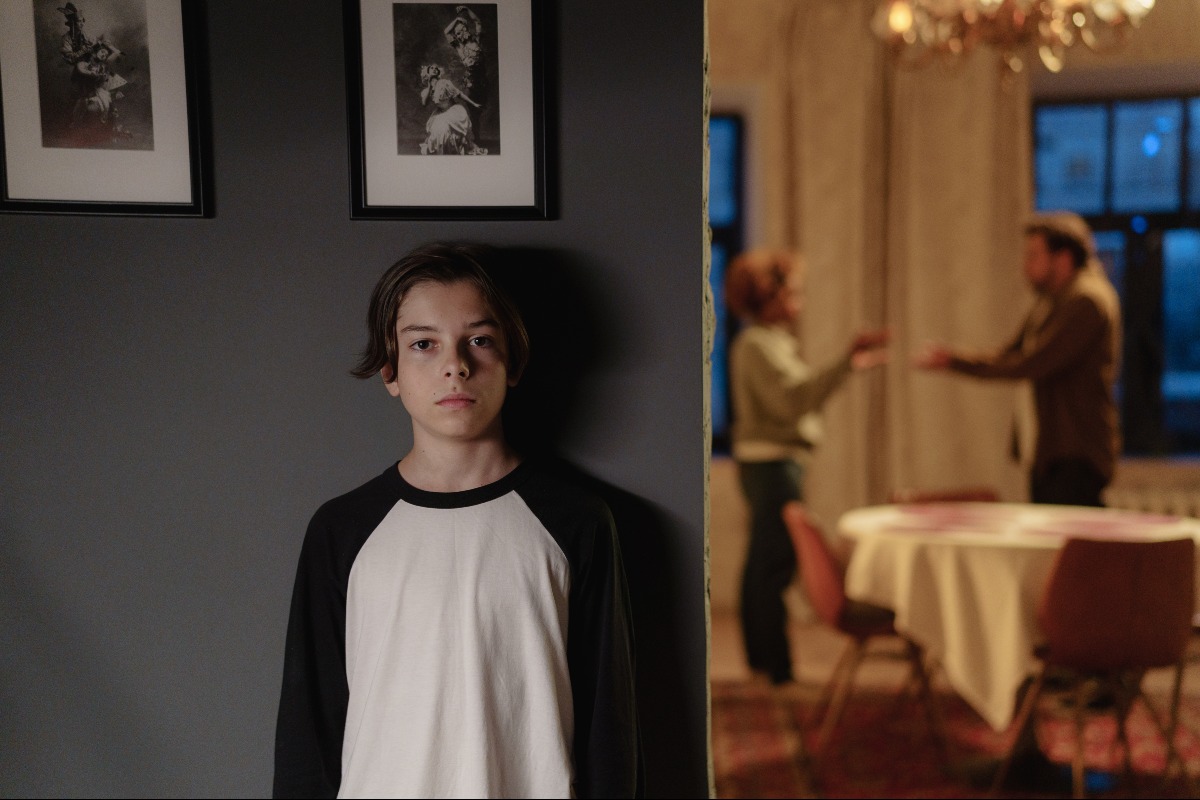
When a person has developmental trauma, it can cause a myriad of problems in adult life. Psychodynamic therapy is one of the many modalities that can help heal the mind.
What Is Psychodynamic Therapy?
Psychodynamic therapy is a type of individual therapy that delves into an individual’s history in order to mend issues in their current life. Practitioners understand that problematic behaviors and thought patterns often come from unconscious motivators.
These individuals don’t know what is driving their actions. Motivators can be developed through past experiences. Frequently, they stretch all the way back into childhood. Through exploration in sessions, individuals can uncover the root of their issues. The philosophy of psychodynamic therapy is that learning our motivators can help us heal and change.
Reflection on Developmental Trauma
Unlike many other types of therapy, psychodynamic therapy requires self-reflection and self-examination. As an individual reflects, they may discover connections between past traumas and their current issues. They may find that their trust issues, communication style, or conflict approaches come from developmental trauma. This is one of the less-spoken-about effects of developmental trauma; it can create adult interpersonal struggles. Psychodynamic therapy can help identify the ways in which trauma leaves marks on a person.
Changing Patterns From Developmental Trauma
Once a person recognizes where interpersonal issues come from, it can become easier to deconstruct the problem behaviors. For example, a person might have had an unstable attachment style with their caregivers. They may’ve felt anxious when expressing their needs. In adulthood, they may’ve felt unable to express their needs with their partner, unknowingly repeating the trauma from their childhood. After realizing this, they can practice speaking up about their needs. This is only one way a developmental trauma can impact an individual.
Pairing Psychodynamic Therapy with Other Modalities
Psychodynamic therapy can empower a person to make the changes necessary to live a healthier life. Often, when an individual has developmental trauma, therapists will pair it with other modalities like trauma-focused cognitive-behavioral therapy (TFCBT), eye movement desensitization and reprocessing (EMDR), and cognitive processing therapy (CPT).
By using multiple forms of therapy, the care team will ensure all areas of the trauma are addressed effectively. This can be done independently but requires a lot of organization. Alternatively, an individual can enter a treatment center that will manage all the therapies and their schedule for them.
If you’ve struggled with developmental trauma, you might feel like you’re unable to perform normal life functions. You could have frequent conflicts within interpersonal relationships. Psychodynamic therapy can help you connect the dots between your childhood and your choices. As you realize your unconscious motivations, you can change for the better. At The Guest House, we can provide you with multiple forms of therapy to treat your trauma. All of our therapists are trauma-specialized, creating a safe space for your healing. When you’re ready to face your past, call us at (855) 483-7800.